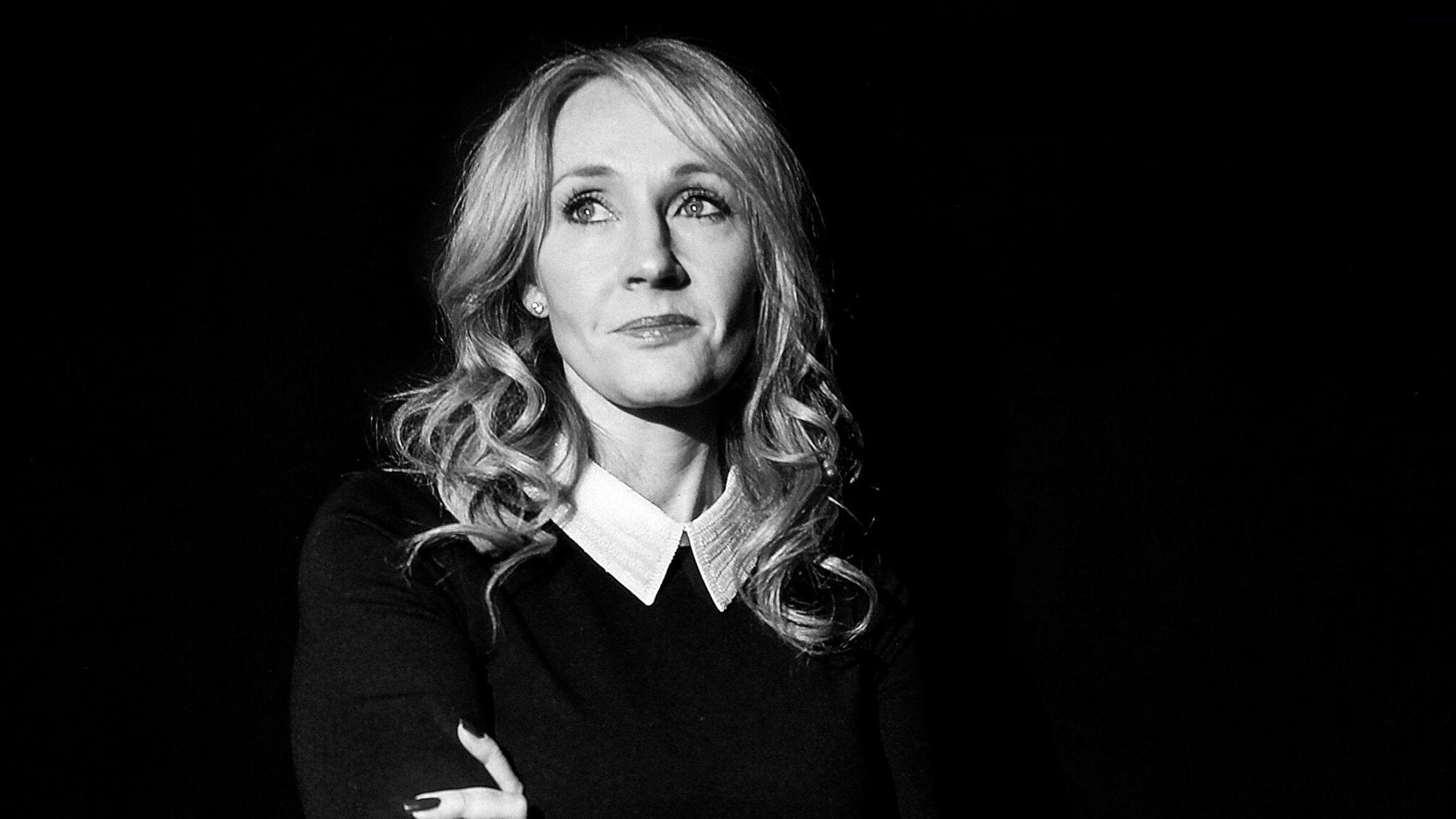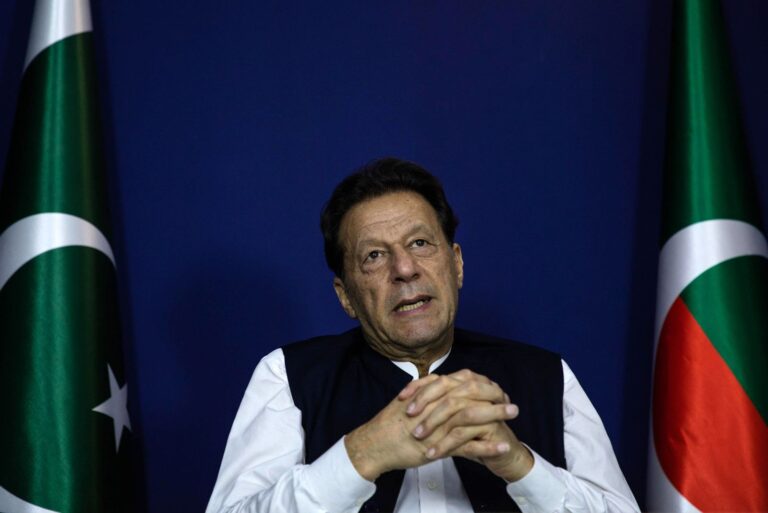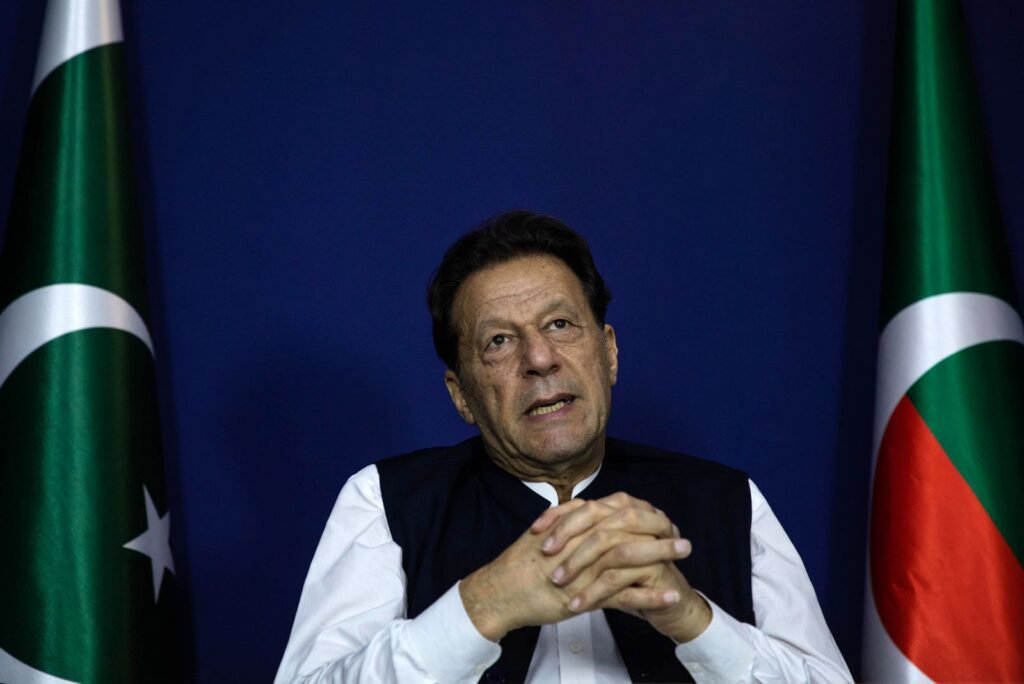J.K. Rowling and Scholars, Igniting a Wider Debate on Sex, Gender, and Culture
A recent exchange between renowned author J.K. Rowling and a Gender Studies academic has sparked a heated debate on the origins of the concept of two biological sexes.
The academic, citing “massive literature,” argued that the notion of two biological sexes was historically a “first-world notion” originating in European cultures. This claim, in turn, has raised questions about the validity of widely accepted scientific views on sex, suggesting that the understanding of biological sexes may be a cultural construct rather than a universal truth.
In response, Rowling made a witty remark, suggesting that non-European cultures didn’t need external guidance to distinguish between men and women. Her comment drew attention to the longstanding recognition of sex differences in diverse societies around the world, highlighting that such distinctions have existed long before Western notions.
As the exchange unfolded, it led to a broader conversation about the cultural and historical contexts of sex and gender. While some have praised the academic’s challenge to dominant Western narratives, others have criticized the claim as inaccurate and misleading. Critics argue that the recognition of two biological sexes is deeply rooted in biological science, transcending cultural boundaries and historical contexts.
Meanwhile, experts in anthropology, sociology, and biology have joined the debate, emphasizing that recognizing two biological sexes is a universal aspect of human experience that predates modern Western thought. Many suggest that the binary view of sex is not a “Western invention” but a fundamental aspect of human reproduction observed across various cultures and civilizations.
As the debate continues to unfold, it’s becoming increasingly clear that discussions surrounding sex, gender, and cultural perspectives will remain a contentious and thought-provoking topic. The clash between scientific understanding and cultural interpretation is likely to fuel further conversations, challenging long-held assumptions and shaping future research in the field.













